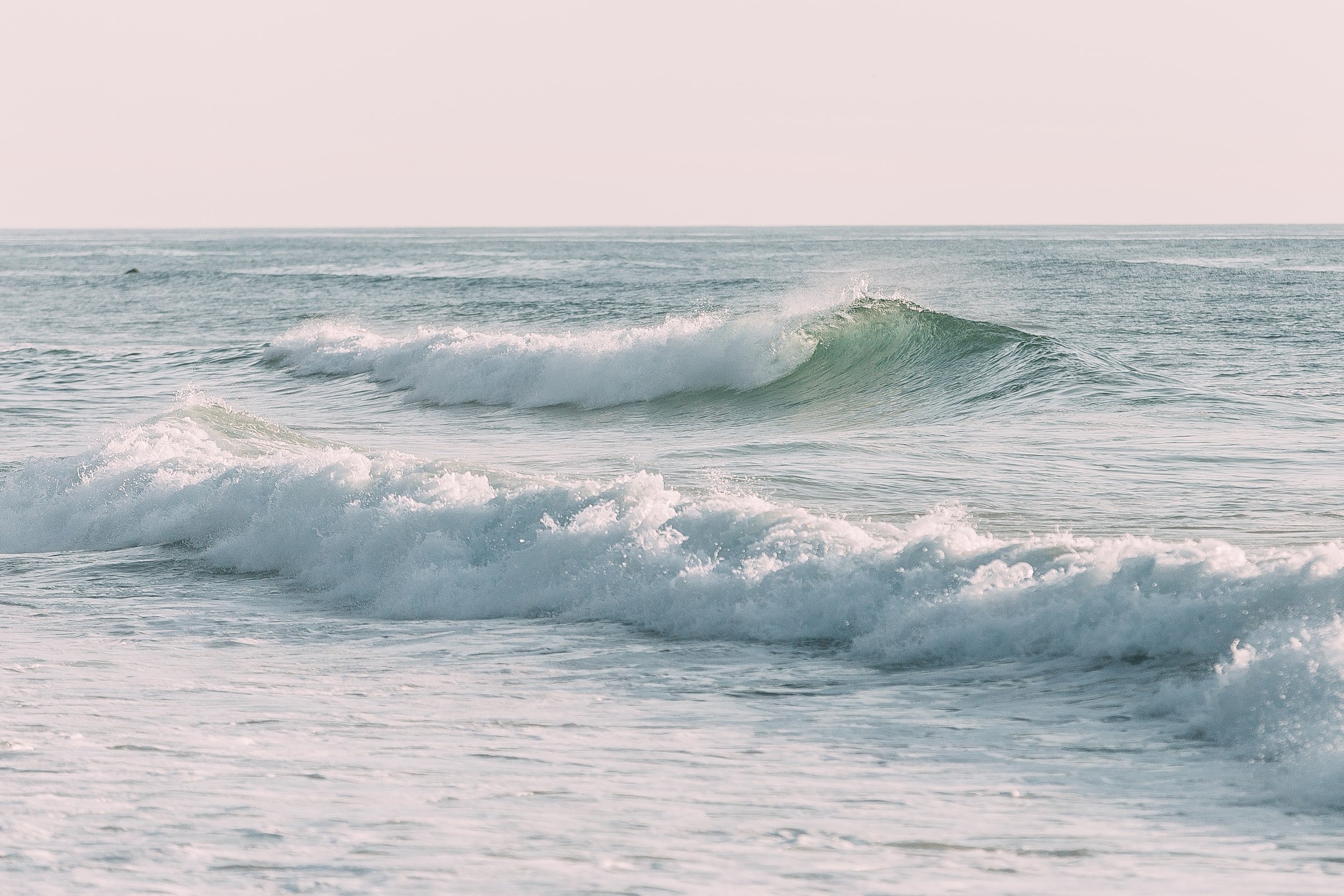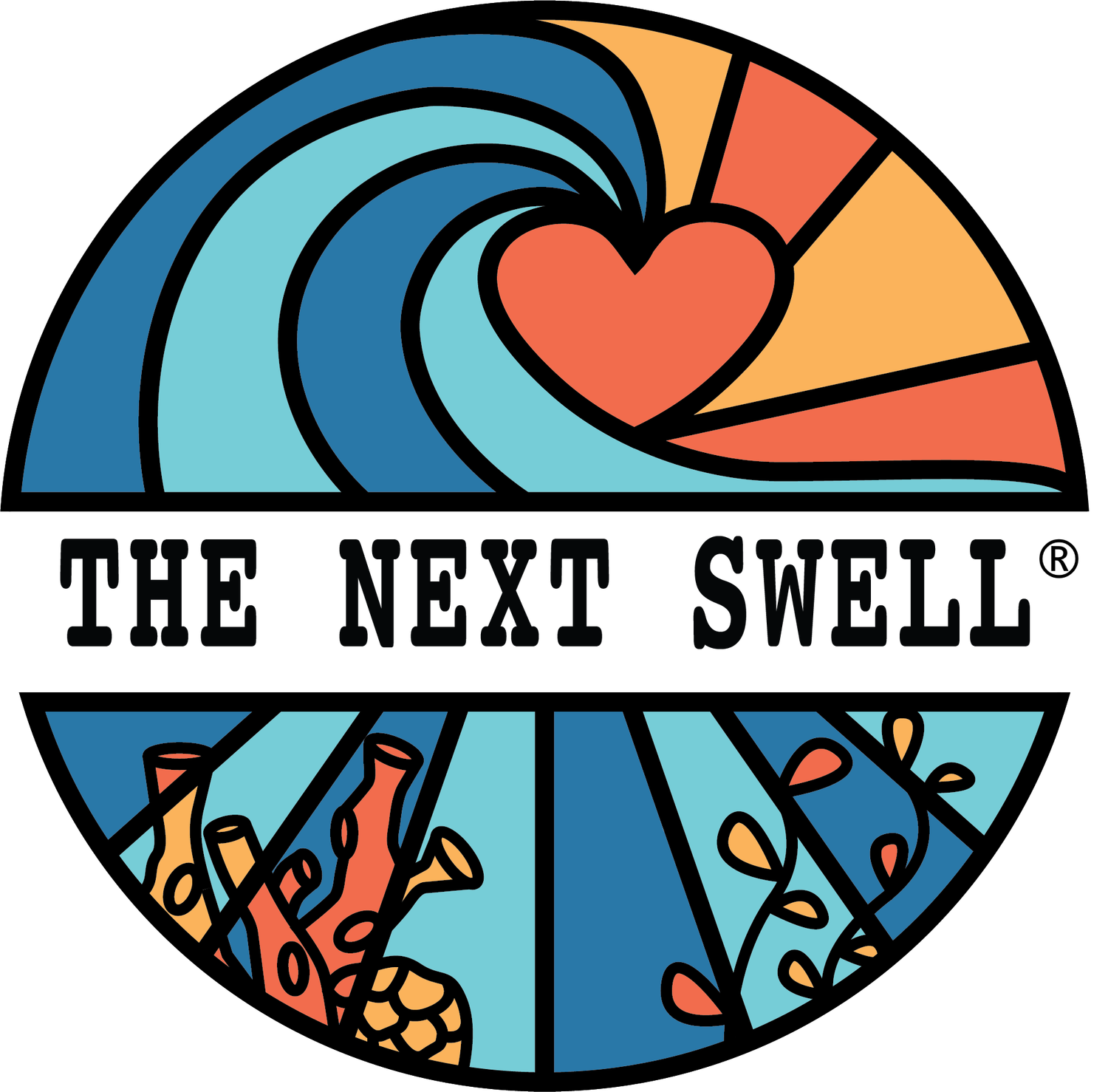
The Next Swell 2024 Scholarship Winners
Jun - PhD candidate at Oregon State University
Jun is studying the mechanism of coral bleaching. His work uses cellular and molecular techniques to evaluate thermal tolerance in coral larvae and the tropical sea anemone Aiptasia, a model organism for studying coral-algal symbiosis. His project aims to understand how climate change affects the growth and development of corals. These studies will contribute to a deeper understanding of coral bleaching phenomena, helping to inform decisions on conservation and management to better protect endangered coral reefs. In addition to his research, Jun also conducts outreach at the Oregon Museum of Science and Industry (OMSI) to educate the public about the importance of mitigating climate change and coral bleaching.
Aliyah - PhD candidate at University of North Carolina Chapel Hill
Growing up along the coast her whole life, Aliyah has cultivated a profound fascination with ocean dynamics and human interaction. Her research focus on climate change impacts on coral reef ecosystems in the Caribbean reflects her deep-rooted connection to her family's homeland in Barbados, where she values community and diversity especially in marine science. Aliyah's dissertation delves into coral reef management frameworks and reef resilience, aiming to understand resilient species trends and track local management techniques across the Caribbean. Through developing a new framework for annual reef assessments, Aliyah seeks to empower coastal communities, many of which are communities of color, by providing techniques and resources to highlight local progress and look for ways to increase efficiency.
Paul - Doctoral Student at the Virginia Institute of Marine Science, College of William & Mary
Paul is a doctoral student studying lesser-known sharks and bony fish in the Pacific, Atlantic, and Indian oceans. He is trained as a shark taxonomist and has discovered over a dozen new species of sharks which has led him in leading shark identification workshops and developing training material for the Food and Agriculture Organization of the United Nations. During his PhD he is expanding his research to include genetic barcoding, environmental DNA (eDNA), and cyber taxonomy. He plans to continue to work with commercial fishers, researchers, and fishery organizations to develop ways to improve the quality and quantity of data collected on lesser-known species in order to provide managers with the information that they need to better protect our living marine resources.



